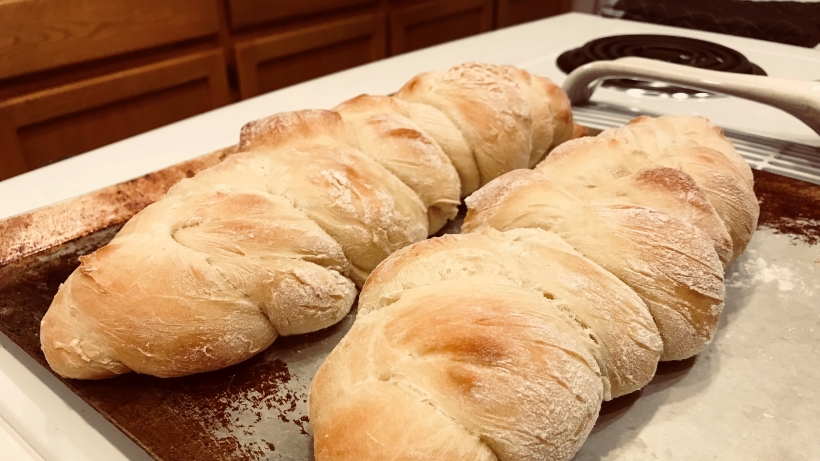Have you made a burnt offering recently? Have you done a ritualistic cleanse or sacrificed grain? We tend to think of the sacrifices that were essential to our ancient Israelite ancestors as a thing of the past, but in fact, they’re not completely removed from how we observe the laws of Torah today. Let’s go to the source in this week’s Torah portion, Parshat Tzav.

As the Israelites proceed along their timeline in the desert, the realization of the rules starts to set in. If you’re familiar with the cycle of Torah from previous years, you know how much time is spent on explaining what the people of this new nation can and cannot do. Part of the narrative also deals with things like the judicial system Moshe sets in motion and the priestly duties and structure.
Leviticus chapters 6 – 8 contain instructions for the priests and the Israelites regarding offerings and sacrifices to God. Specifically, chapter 6 describes the law of the burnt offering, which was a voluntary offering made by the Israelites to seek forgiveness for sins or to show gratitude to God. This offering involved burning the entire animal on the altar as a symbol of complete devotion. Chapter 7 provides instructions for the grain offering, which was another form of voluntary offering made by the Israelites. This offering involved presenting a portion of the grain harvest to the priests, who would then burn some of it on the altar as an offering to God. Chapter 8 outlines the consecration of Aaron and his sons as priests. This involved a seven-day ceremony, during which they were washed, anointed, and dressed in their priestly garments. They were also given instructions regarding the burnt offering and grain offering described in the two previous chapters.
Overall, these chapters emphasize the importance of making offerings and sacrifices to God to demonstrate devotion and seek forgiveness. They also provide specific instructions for the priests regarding the proper way to carry out these offerings. As we look toward Passover in a month and how we put ourselves in the Exodus story, I imagine being an Israelite and wondering why exactly all this structure and status matters. After all, we just left Egypt where the hierarchy enforced by Pharoah led to oppression and forced labor.
The physical acts associated with our traditions aren’t some random set of procedures; they’re meant to keep us involved and present in our Judaism. They give purpose and intention to everything we do. You might think burnt offerings are a thing of the past, but it’s still traditional to save and burn a bit of the challah we bake before Shabbat. You might not have had the experience of being a priest and washing your hands before offering a sacrifice to God, but there’s a good chance you’ve washed and said the blessing for handwashing before eating. And that table you’re eating on? The Talmud even compares it to the altar of the Temple (BT B’rachot 55a). As Jews, it’s not a matter of being doomed to repeat history because we forget it. We remember and live in this history every day of our lives.



